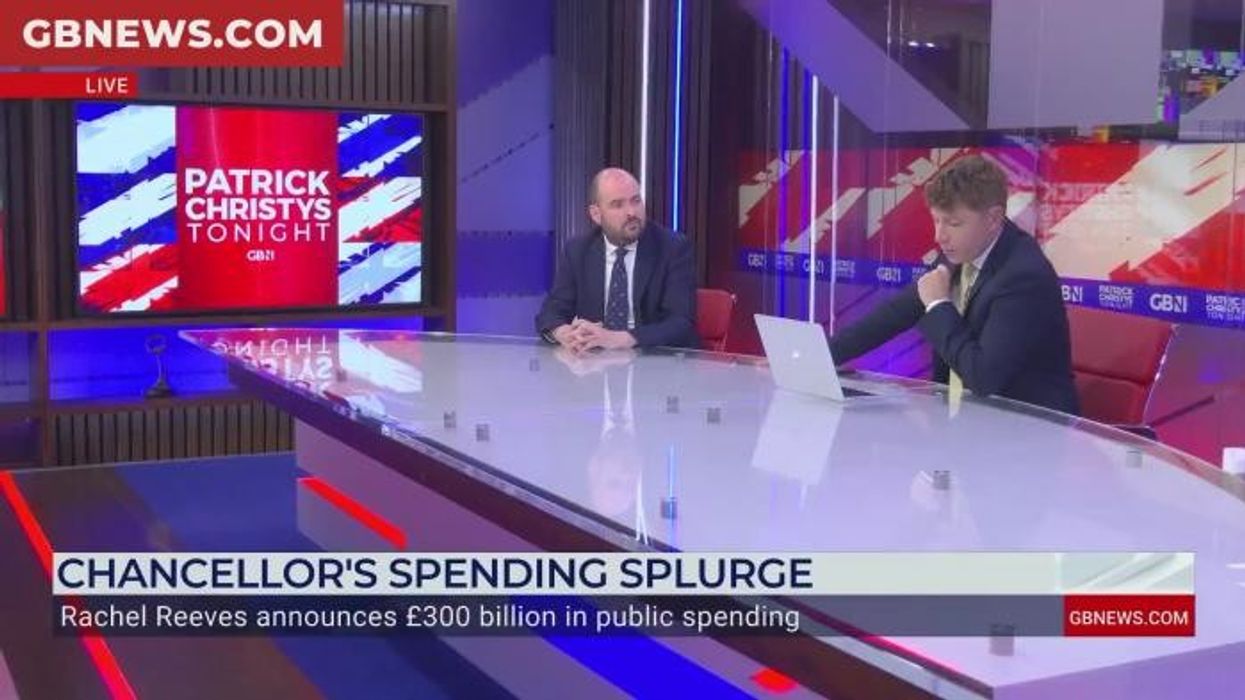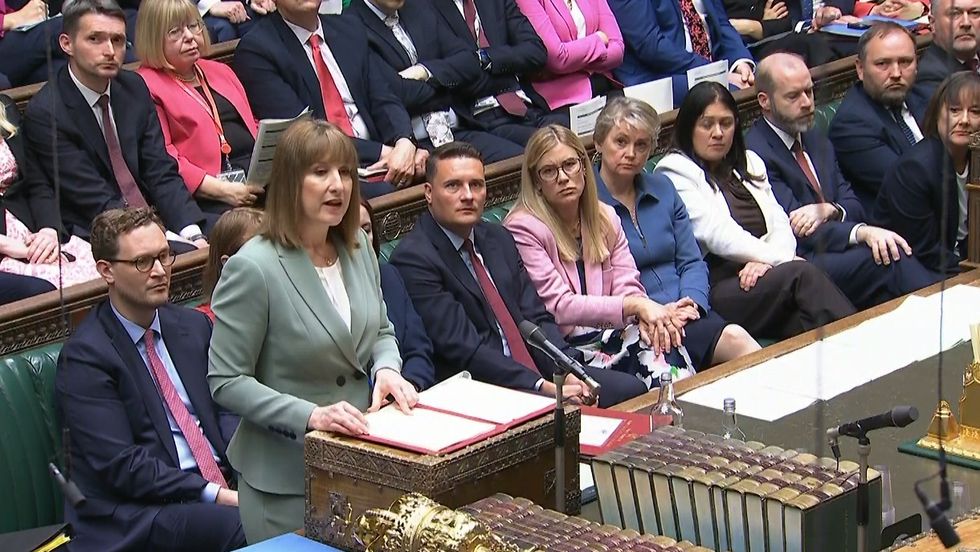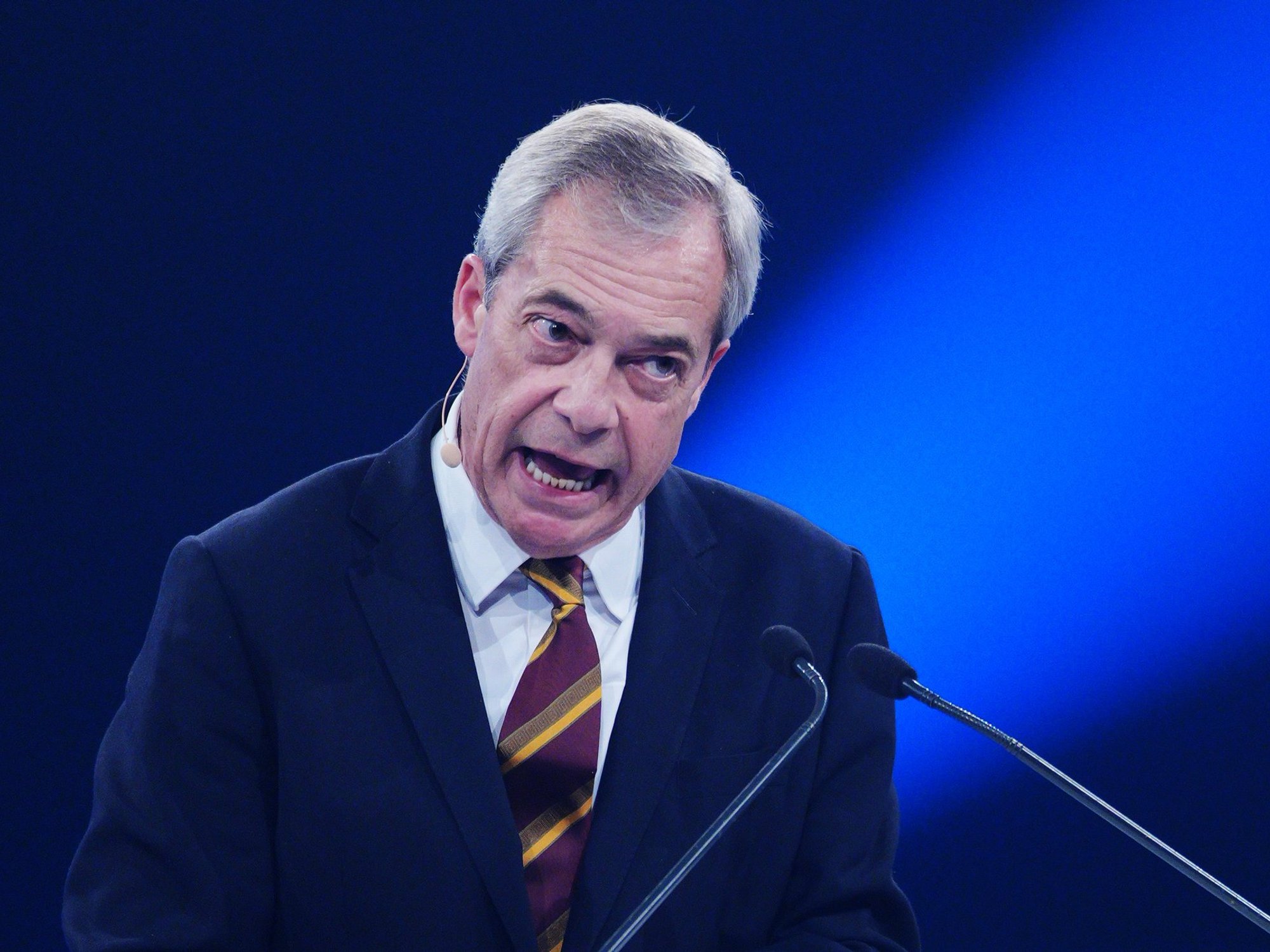Millions of households to get £1,700 windfall under Rachel Reeves's Spending Review plans: 'Huge deal!'

Rachel Reeves accused of 'pulling the wool over people's eyes' with 'repackaged' Spending Review |
GB NEWS

Rachel Reeves has promised to put more money into health, energy and infrastructure
Don't Miss
Most Read
Millions of lower income households across the UK are expected to receive a £1,700 public services windfall thanks to Chancellor Rachel Reeves's Spending Review announcements, according to new research.
Britain is steadily transforming into what the Resolution Foundation has termed a "National Health State", with NHS and social care spending projected to account for half of all public service expenditure by 2028-29.
Based on the think tank's analysis of the review, health spending will consume 49 per cent of day-to-day public service spending controlled by Westminster by the decade's end, a dramatic increase from just 34 per cent in 2009-10.
This NHS-dominated settlement continues a pattern seen in recent Spending Reviews, fundamentally reshaping the nature of British public spending priorities.

Research from the Resolution Foundation is breaking down the real-world impact of the Chancellor's Spending Review
|GETTY
While health spending soars, other departments face severe reductions, with defence emerging as the sole exception in infrastructure planning.
Real per-person funding has plummeted across multiple departments between 2009-10 and 2028-29, falling 16 per cent for Justice, 31 per cent for Work and Pensions, and 50 per cent for Housing, Communities and Local Government.
The capital spending increase of £9.7billion annually between 2025-26 and 2029-30 includes £5.9billion in financial transactions, primarily loans.
When these are excluded, defence receives a £7.4 billion yearly boost whilst all other departments combined face a £3.6billion cut to real investment.
Do you have a money story you’d like to share? Get in touch by emailing money@gbnews.uk.
Despite the broader fiscal squeeze, lower-income households have emerged as significant beneficiaries of the increased public service spending announced in the review.
The Resolution Foundation calculates that a typical middle-income household will gain approximately £1,400 from enhanced public service provision by 2028-29, whilst the poorest fifth of families will benefit by £1,700 on average.
These gains come from additional funding for hospitals, schools and policing compared to the previous government's plans.
However, this increased spending has been financed through £39.7billion in tax rises announced in last autumn's Budget and £3.6billion in benefit cuts revealed in the Spring Statement, equating to £1,550 per family across Britain.
LATEST DEVELOPMENTS:
 Chancellor of the Exchequer Rachel Reeves delivers her Government's spending review | PA
Chancellor of the Exchequer Rachel Reeves delivers her Government's spending review | PARuth Curtice, the chief Executive of the Resolution Foundation, broke down the real-world impact of Reeves's
She explained: "The Spending Review was a huge deal as the Chancellor set out details of nearly £300billion of extra spending over the second half of the Parliament. But as the dust settles a few clear winners have emerged.
"Health accounted for 90 per cent of the extra public service spending, continuing a trend that is seeing the British state morph into a National Health State, with half of public service spending set to be on health by the end of the decade."
She warned that "a weaker economic outlook and the unfunded changes to Winter Fuel Payments mean the Chancellor will likely need to look again at tax rises in the Autumn."
More From GB News










